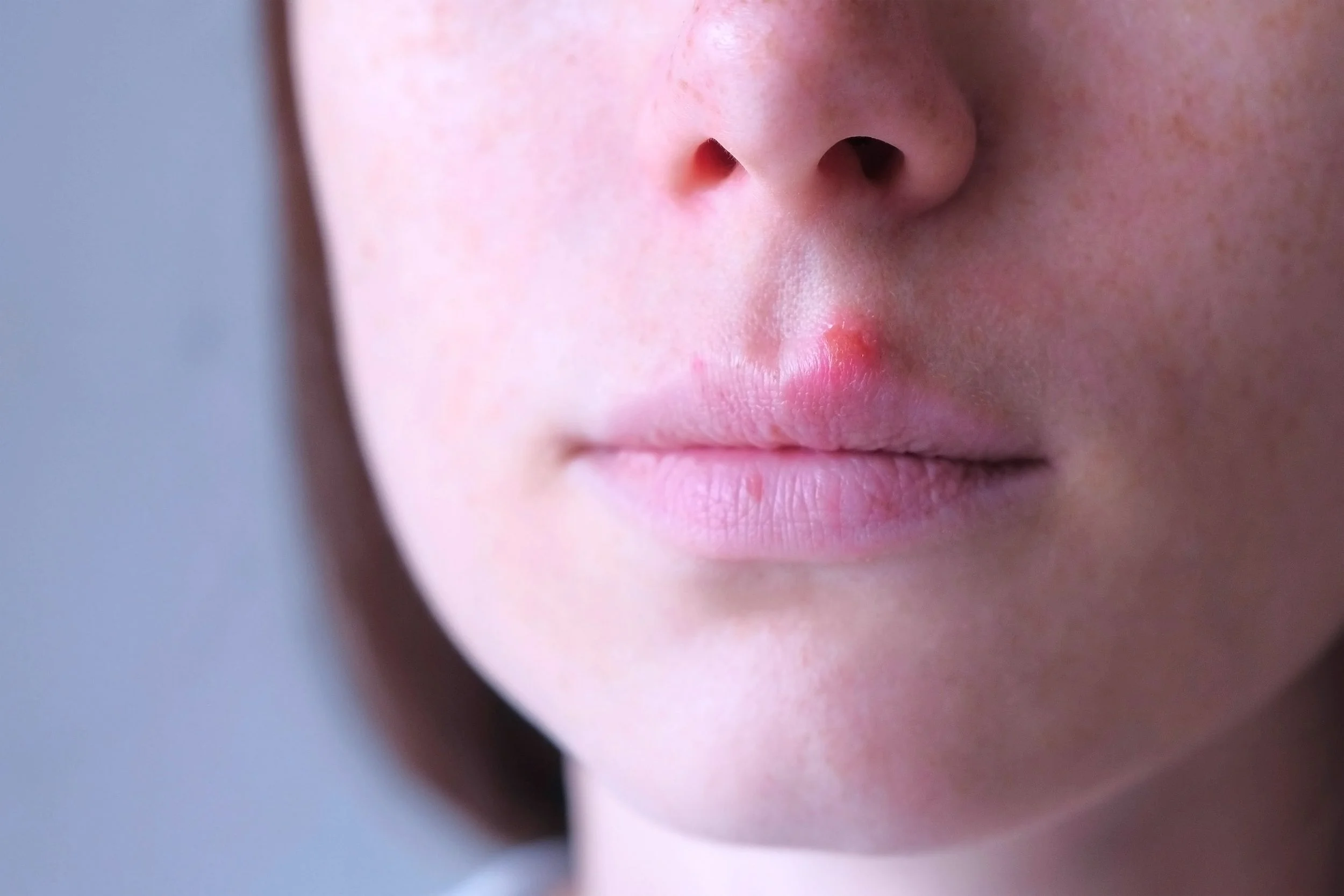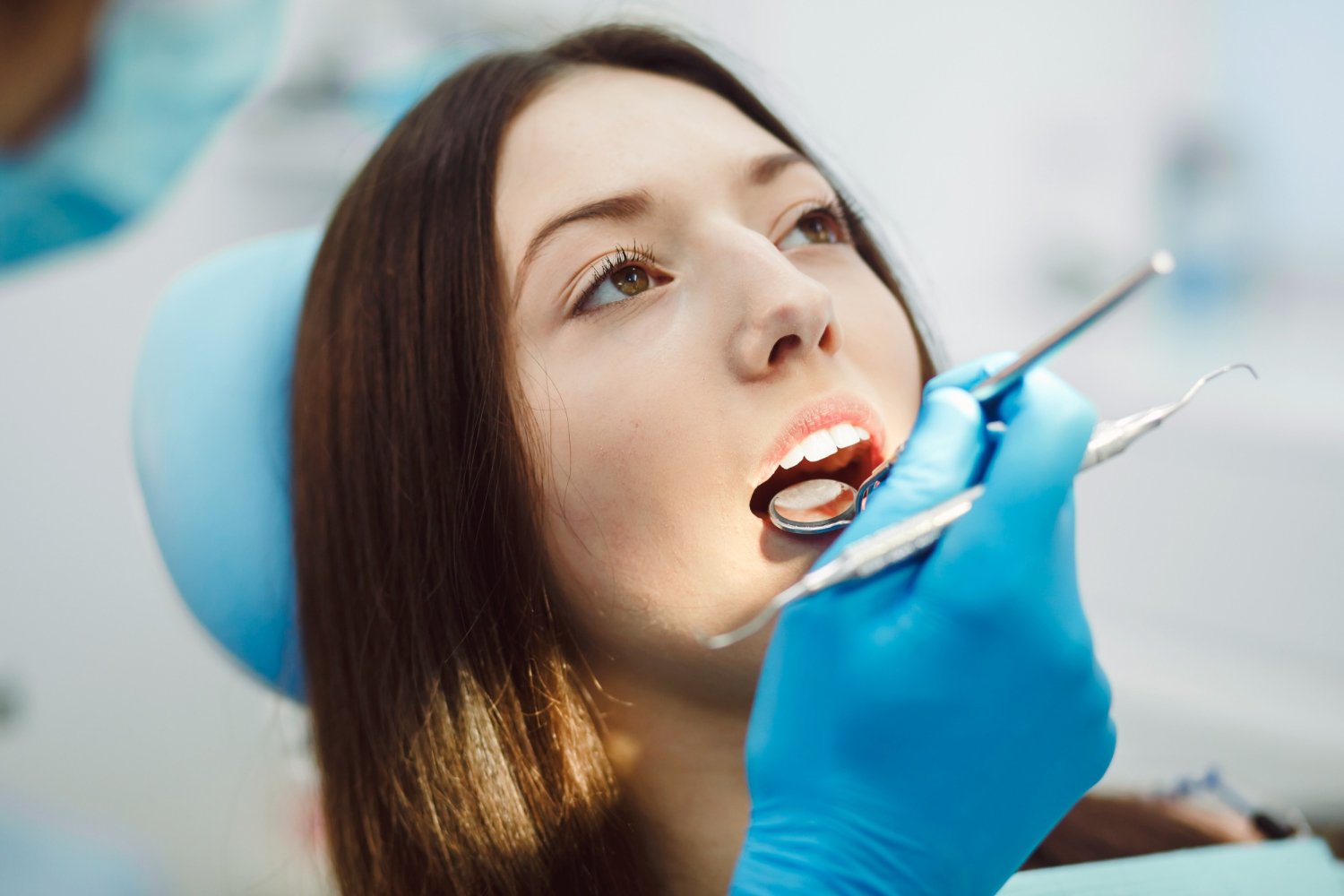Shine a Light on Oral Cancer
Every hour, 24-hours-a-day, 365-days-a-year, someone dies of oral or oropharyngeal cancer.
April is Oral Cancer Awareness Month. This year alone almost 54,000 Americans will be diagnosed with oral or oropharyngeal cancer. It accounts for about 3 percent of all diagnosed cancers in the U.S.
Who gets oral cancer?
It typically occurs in people over the age of 40. Twice as many men develop oral cancer as women.
Where is it found?
Cancers of the mouth can occur in the oral cavity and the back of the throat. This includes the tongue, the floor of the mouth, all the gum areas, the roof of the mouth (palate), and the hard-to-see areas in the back of the throat. It can also appear outside the mouth on the lips.
Understand that oral cancer affects the soft tissues of the oral cavity. Cancer can also occur in other structures such as the jawbones or sinuses.
What causes oral cancer?
While there may not be a direct cause and effect in every case, most oral cancers are related to the following:
Tobacco use
Alcohol use
Human papilloma virus (HPV)
Excessive sun exposure on the lips
What can you do to prevent this?
Don’t smoke, vape, or use chewing tobacco
Limit your consumption of alcohol
This doesn’t mean you can’t enjoy a glass of wine with dinner. The concern is with excessive alcohol use.
If you’re out in the sun a lot, use sun protection on your lips
Most lip balms contain some SPF protection.
What’s the single best thing you can do for your children to prevent oral cancer?
There is a vaccine for the human papilloma virus (HPV) that causes oral cancer. Unfortunately, this once scientific, fairly neutral word – vaccine – has now become politically and emotionally charged.
The HPV vaccine was first developed in 1990 in Australia by Professors Ian Frazer and Jian Zhou. Years of clinical trials targeting high-risk HPV types followed. In 2006 Gardasil was approved for use in the U.S. and Australia and approved for use in 80 countries a year later.
Initially the vaccine was administered only to girls.
Since then, two further vaccines have been approved: Cervarix and Gardasil 9. As of October 2019, 100 countries worldwide routinely vaccinate against HPV.
It is now recommended for both boys and girls.
No parent likes to think of their child engaging in sexual activity…
But the vaccine works most effectively if it can be administered before such activity begins. The HPV vaccine is now recommended for children between the ages of 11 to 12 but can start as early as age 9.
It is also recommended for anyone up to the age of 45 who has not been previously vaccinated. Note that the vaccine will not protect against HPV strains you’ve already been exposed to. As such, it’s ideal to get vaccinated as early as possible.
Celebrities help educate the public about oral cancer.
HPV cancers usually develop in the back of the throat, making identification and diagnosis that much more difficult. Perhaps one of the most well-known cases involved the actor Michael Douglas who acknowledged to The Guardian that his stage-4 throat cancer was the result of an infection he got from oral sex.
More recently Stanley Tucci was diagnosed and treated for cancer that developed at the base of his tongue. Although the survival rate is high and the cancer is very treatable, it is difficult to diagnose. Tucci says in People Magazine, “I lived on ibuprofen for two years. I had a scan, but the scan missed it.” Tucci suffered an inability to taste and smell food, mouth ulcers, and dry mouth, but now says, “I’m lucky to be alive.”
According to Dr. Adam Jacobson from Perlmutter Cancer Center at NYU Langone Health, “The good news is it’s preventable - the majority of cases are caused by HPV, or human papillomavirus, and there’s now an effective vaccine.”
What signs and symptoms should you watch out for?
If you notice any of the following, get it checked out:
A sore that doesn’t heal
A swelling or lump that doesn’t go away
Any pigmented area that increases in size, changes in color or texture
Specifically, look for red or white patches
A sore throat or a feeling that something is stuck in your throat
Any difficulty or pain swallowing, chewing, or speaking
Numbness in your mouth
Ear pain
Most dentists do (or should do) an oral cancer exam.
As part of your routine check-up, your dentist will visually inspect your mouth for anything unusual. In addition, she should pull out your tongue and examine all sides. And manually feel inside your mouth for anything out of the ordinary.
So don’t think of this as JUST a cleaning appointment.
Early detection is critical for the successful treatment of any abnormality. It’s another important reason to visit your dentist regularly.





